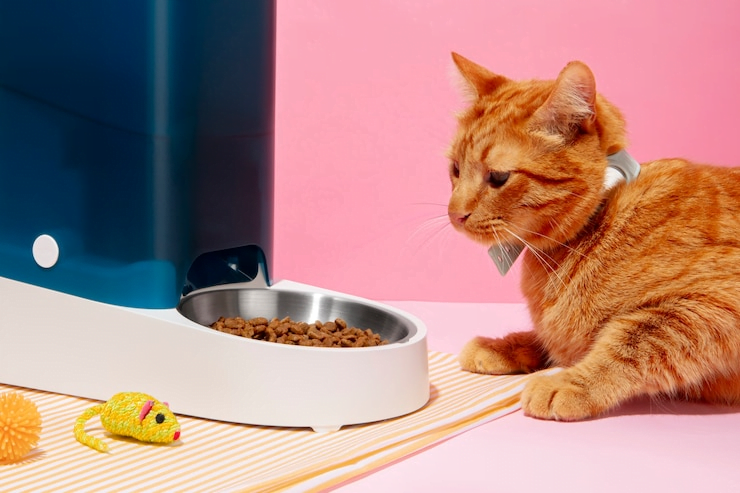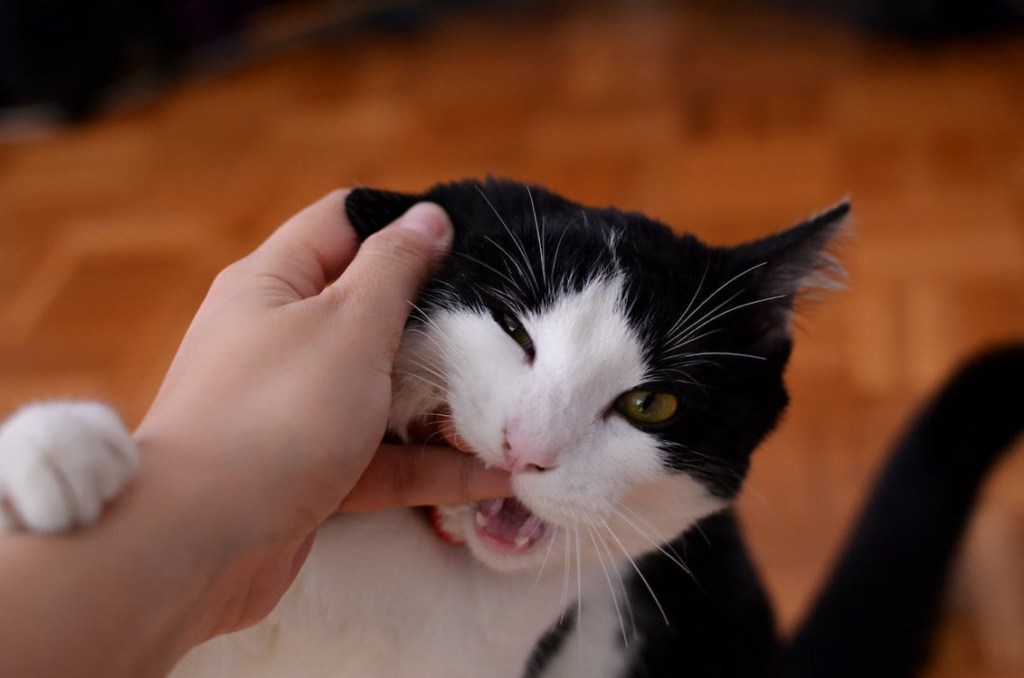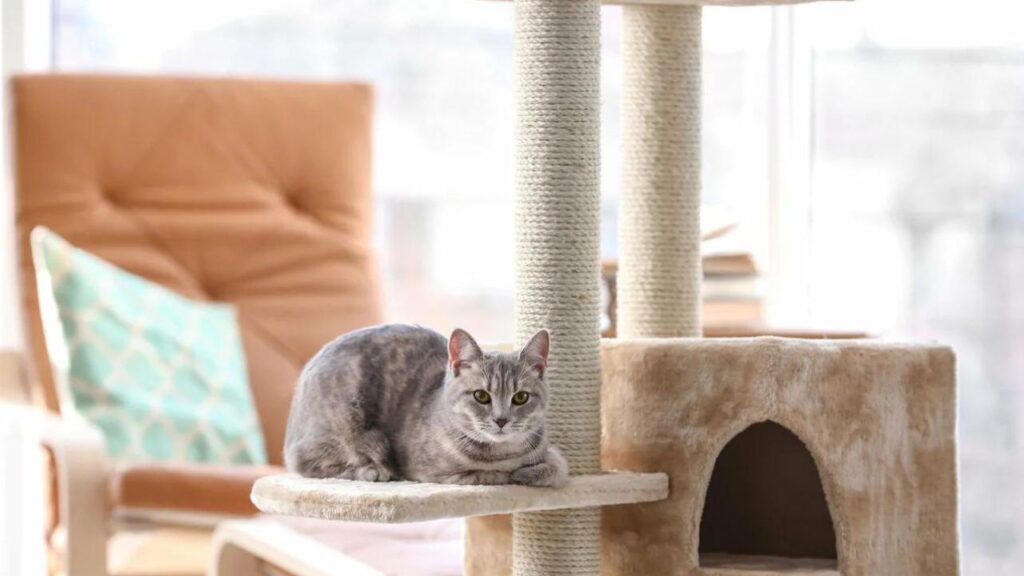Saying goodbye to a beloved pet is never easy, and for many, the financial aspect of euthanasia can add an extra layer of stress. If you’re facing the heartbreaking decision to euthanize your cat, you may be wondering, “How much to euthanize a cat?” This guide aims to provide comprehensive information on the costs involved, the process of euthanasia, and how to find affordable options.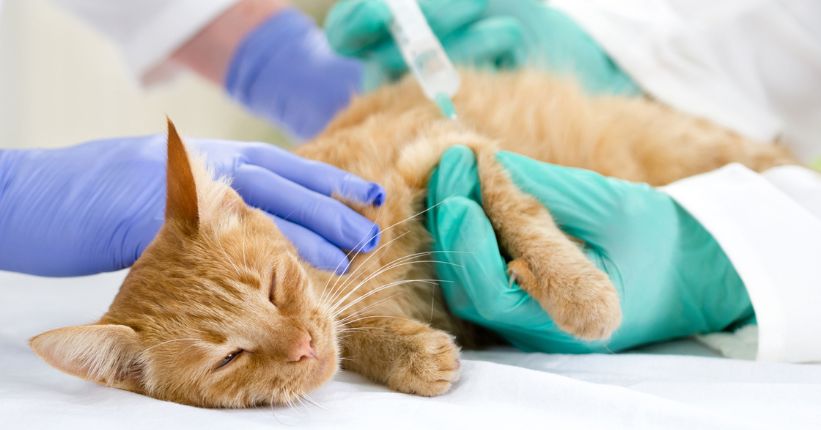
Deciding to euthanize a beloved pet is an incredibly difficult and emotional choice. Cat owners often find themselves in a situation where they have to weigh the quality of life of their furry companions against the suffering they might be experiencing due to illness, old age, or severe injury. One of the many considerations during this time is the cost associated with euthanasia.
The financial aspect becomes essential for pet owners who need to plan and ensure their cat can pass with dignity and peace. Typically, the cost to euthanize a cat can vary widely based on several factors, including geographic location, the specific veterinary clinic, and whether the procedure is done at home or in a clinic.
In this guide, we’ll explore the general costs involved, the factors affecting these costs, and some additional considerations to help you navigate this challenging decision with compassion and clarity.
How Much to Euthanize a Cat?
The cost of putting a pet to sleep varies widely depending on several factors. Generally, the price can range from $50 to $300. In-clinic euthanasia tends to be less expensive, while at-home services often come with a premium price tag.
Additional costs may include consultation fees, aftercare services, and cremation or burial. Understanding these costs upfront can help you make an informed decision.
The Euthanasia Process
The process of euthanizing a cat involves administering an overdose of anesthesia or sedatives to gently put them to sleep. Before the procedure, the veterinarian will typically discuss your pet’s medical condition and quality of life, helping you make an informed decision on when it’s time to say goodbye. It’s essential to be present during the procedure if possible, as it can provide emotional support for both you and your pet.
How Much Does It Cost To Put a Cat Down?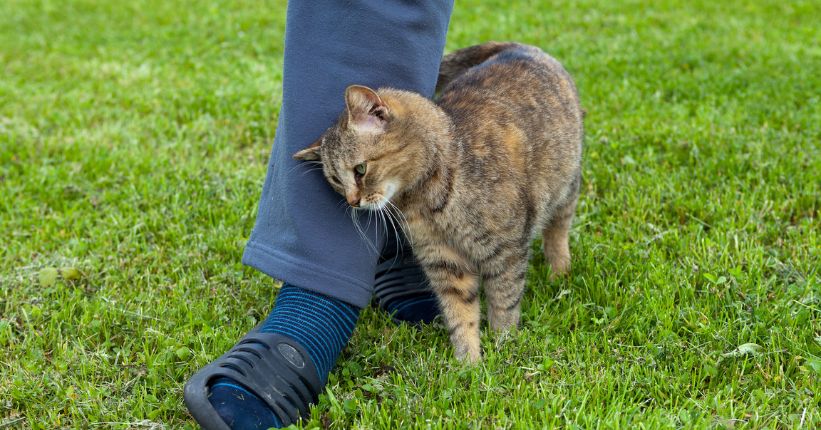
When it comes specifically to cats, the cost can also vary. On average, you can expect to pay between $100 and $200 for in-clinic euthanasia. At-home euthanasia services, which offer the comfort of your cat passing in familiar surroundings, can range from $200 to $400. Factors such as your location, the specific veterinary clinic, and any additional services will influence the final cost.
Consider Emotional Benefits Alongside Financial Aspects
While cost is undoubtedly a significant factor in the decision-making process, it’s crucial to consider the emotional aspects as well. Some may find comfort in having their cat pass at home, while others may prefer the convenience and expertise of an in-clinic procedure. Ultimately, making the best choice for you and your pet will depend on evaluating both financial and emotional factors.
What is Cat Euthanasia?
Cat euthanasia is a humane way to end the life of a suffering pet. It’s often considered when a cat is experiencing severe illness, chronic pain, or a significantly reduced quality of life that can’t be improved. The goal is to provide a peaceful and painless passing for your feline companion.
The Euthanasia Process
The process of cat euthanasia typically involves administering a sedative to relax the cat, followed by an injection that will gently stop the heart. You have two main options for where this can take place:
- In-Clinic Euthanasia: Conducted at a veterinary clinic, this option usually involves a consultation with the vet, followed by the procedure in a clinical setting.
- At-Home Euthanasia: A veterinarian comes to your home, allowing your cat to remain in a familiar environment. This can be less stressful for both the cat and the owner.
The Role of Pet Owners
Pet owners play a crucial role in the euthanasia process. From deciding the right time to discussing options with the vet, your involvement ensures that your cat’s needs and preferences are met. Being present during the procedure can provide comfort to your cat and closure for you.
Costs of Cat Euthanasia
The costs of euthanizing a cat depend on the type of service, location, and any additional services or aftercare. In general, in-clinic euthanasia is more affordable than at-home procedures. Additional costs may include consultation fees ranging from $50 to $200, cremation or burial fees starting at $50, and optional memorial services.
Breakdown of Typical Costs
The cost of cat euthanasia can be broken down into several components:
- Consultation Fee: This initial fee, usually between $50 and $100, covers the vet’s time to assess your cat’s condition and discuss the euthanasia process.
- Procedure Cost: The cost of the euthanasia procedure itself ranges from $100 to $200 for in-clinic services and $200 to $400 for at-home services.
- Aftercare Services: Additional costs may include cremation ($50-$150) or burial services. Some clinics offer communal cremation for a lower fee, while private cremation is typically more expensive.
Cost Comparison
Comparing the costs of in-clinic and at-home euthanasia can help you make the best choice for your situation. While in-clinic services are generally more affordable, at-home euthanasia offers the benefit of a peaceful, familiar setting for your cat’s final moments.
Factors Influencing Cost
Several factors can influence the cost of euthanasia, including:
- Location: Prices can vary significantly depending on where you live. Urban areas tend to have higher costs compared to rural locations.
- Type of Service: In-clinic services are usually less expensive than at-home visits.
- Additional Services: If you opt for additional services like cremation, memorial keepsakes, or grief counseling, these will add to the overall cost.
Finding Affordable Euthanasia Services
If you’re struggling to cover the costs of euthanasia for your cat, there are options available. Some veterinary clinics offer discounted or low-cost euthanasia services for pet owners in need. You can also reach out to local animal shelters or rescue organizations as they may have resources or recommendations for affordable options.
Tips for Locating Low-Cost Services
If cost is a concern, there are ways to find more affordable euthanasia services:
- Contact Local Shelters: Animal shelters and rescue organizations often have connections with low-cost veterinary services.
- Non-Profit Clinics: Some non-profit veterinary clinics offer reduced fees for euthanasia.
- Veterinary Schools: Universities with veterinary programs may offer lower-cost services through their teaching hospitals.
Financial Assistance Programs
There are financial assistance programs available to help cover the cost of pet euthanasia:
- Pet Insurance: Some pet insurance plans cover end-of-life care, including euthanasia.
- Charitable Organizations: Organizations like the Humane Society and local pet charities may offer financial aid for pet owners in need.
Coping with the Decision
The decision to euthanize a beloved pet is never easy. It’s essential to take the time to grieve and seek support from loved ones during this difficult time.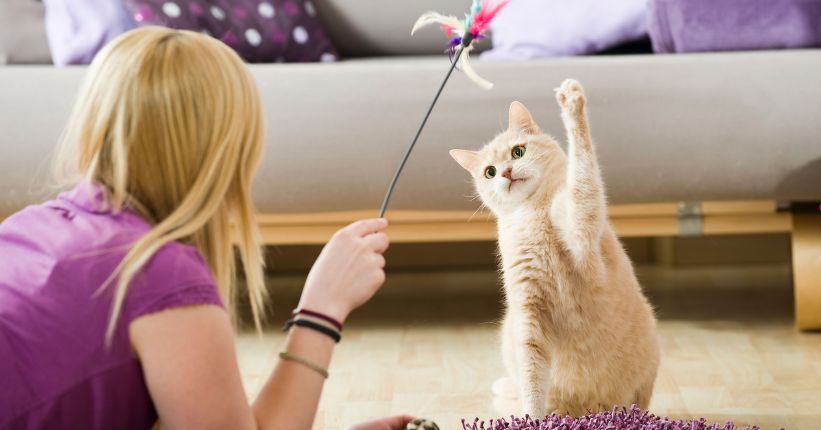
Remember that you made the decision out of love and compassion for your cat, and they will always hold a special place in your heart. So, it’s perfectly normal to experience a range of emotions after losing your furry companion.
Finding ways to honor their memory can also be helpful in the grieving process. This can include creating a memorial or tribute, planting a tree or flowers in their honor, or volunteering at an animal shelter in their name.
Emotional Support
Deciding to euthanize a beloved cat is incredibly difficult. It’s important to seek emotional support during this time:
- Talk to Friends and Family: Sharing your feelings with loved ones can provide comfort.
- Support Groups: Online and in-person support groups offer a space to connect with others who understand what you’re going through.
Self-Care and Professional Support
Taking care of yourself is crucial during this challenging time:
- Counseling: Professional counseling can help you process your emotions and grief.
- Self-Care: Engage in activities that bring you comfort, whether it’s reading, walking, or spending time with other pets.
Conclusion
Deciding to euthanize a cat is a deeply personal and emotional decision, often complicated by financial considerations. Understanding the costs involved, the available options, and finding affordable services can help you make the best choice for your cat and yourself. Remember, you’re not alone—support is available both financially and emotionally.
Making an informed decision ensures that you can focus on what’s most important—providing a peaceful and loving farewell to your cherished feline friend. If you need further assistance, don’t hesitate to reach out to local shelters, veterinary schools, or pet insurance providers to explore all your options.
FAQ
At what point will a vet euthanize a cat?
It has developed a neurological ailment that makes taking care of it quite challenging. Or it was irreparably damaged after being struck by an automobile. The owner’s consent is always needed for euthanasia, even if a veterinarian feels that a certain injury or illness would warrant it.
Can I put my cat to sleep at home?
The first step in an at-home cat euthanasia treatment is often giving your cat a sedative to help them unwind and feel comfortable. The sedative may be administered orally or by injection, based on the veterinarian’s medical opinion and the health of your cat.
Do cats know when they are put to sleep?
The majority of vets think cats are ignorant of this. Cats who get a sedative before euthanasia tend to feel drowsy and at ease, suggesting that they are not cognizant of their surroundings or the reason for the medicine.
What happens right before a cat dies?
A cat nearing the end of its life may try to communicate in a few different ways that they’re not feeling like themselves. Several behavioral changes, including the following, can be indicators that a cat is dying: Unexpected adjustments to sleep routine. irregular or frequent mewing.


